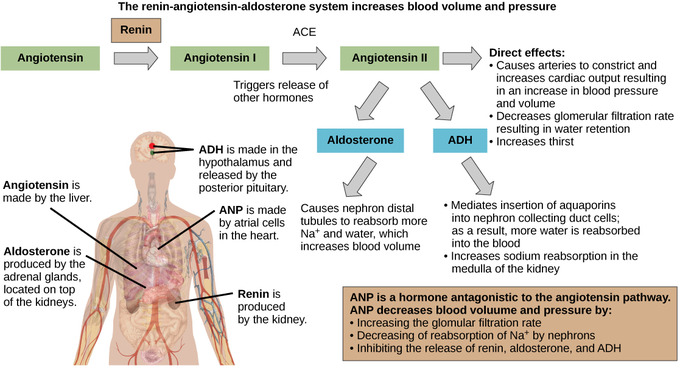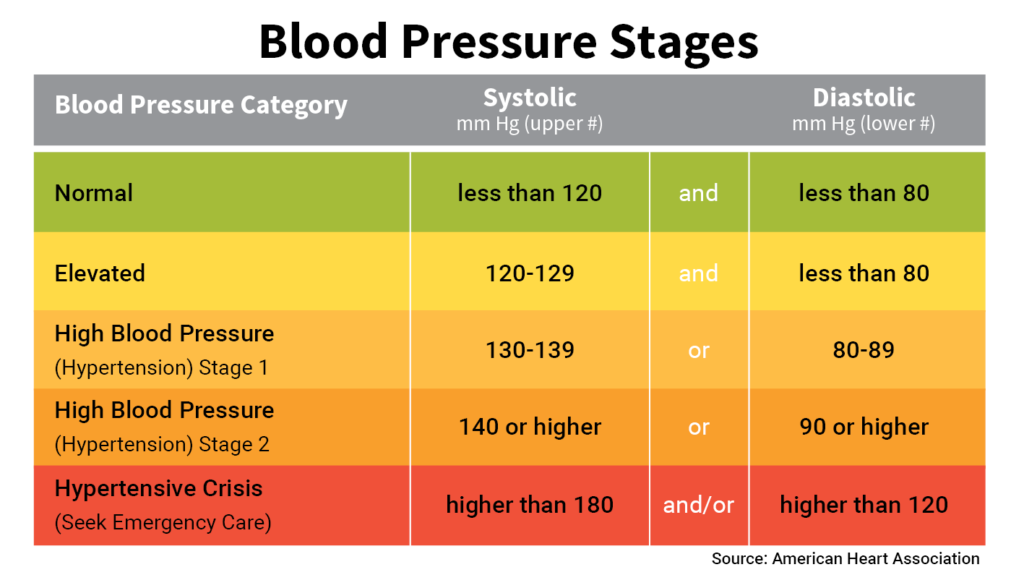Hypertension, commonly referred to as high blood pressure, is a widespread health condition affecting millions of people worldwide. It occurs when the force of blood against the walls of arteries is consistently too high, leading to potential damage to vital organs like the heart, kidneys, and brain. High blood pressure often develops gradually and may not present noticeable symptoms for years, earning it the nickname “the silent killer.” Understanding its causes, recognizing its symptoms, and adopting effective management strategies are essential steps in maintaining overall health and well-being.

What is High Blood Pressure?
Blood pressure is measured using two numbers: systolic pressure and diastolic pressure. Systolic pressure refers to the force exerted on artery walls when the heart beats, while diastolic pressure measures the force when the heart rests between beats. A normal blood pressure reading is typically around 120 over 80. When these numbers rise above the normal range, it indicates elevated blood pressure or hypertension.
There are two main types of high blood pressure: primary and secondary. Primary hypertension develops gradually over time without a specific identifiable cause. Secondary hypertension, on the other hand, arises due to an underlying medical condition such as kidney disease, hormonal disorders, or certain medications.
Common Causes of High Blood Pressure
While the exact cause of primary hypertension remains unclear, several factors contribute to its development. Below are some of the most common causes:
Unhealthy Diet
- A diet high in sodium can lead to water retention, increasing blood volume and pressure within the arteries.
- Excessive consumption of processed foods, sugary beverages, and saturated fats can also elevate blood pressure levels.
Lack of Physical Activity
Leading a sedentary lifestyle contributes to weight gain and poor cardiovascular health, both of which are risk factors for high blood pressure. Regular exercise helps strengthen the heart, allowing it to pump blood more efficiently and reducing strain on the arteries.
Obesity
Being overweight or obese places additional stress on the heart and circulatory system. Excess body fat, especially around the abdomen, increases the likelihood of developing hypertension.
Chronic Stress
Prolonged exposure to stress triggers the release of hormones that temporarily raise blood pressure. Over time, chronic stress can contribute to sustained high blood pressure if not managed effectively.
Smoking and Alcohol Consumption
- Smoking damages blood vessels and accelerates the hardening of arteries, making it harder for blood to flow freely.
- Excessive alcohol intake can raise blood pressure and harm the heart muscle over time.
Family History and Genetics
If close relatives have a history of high blood pressure, individuals may be at a higher risk of developing the condition themselves. Genetic predisposition plays a significant role in determining susceptibility to hypertension.
Symptoms of High Blood Pressure
One of the reasons high blood pressure is so dangerous is that it often lacks obvious symptoms until complications arise. However, some individuals may experience subtle signs that warrant attention:
Frequent Headaches
While headaches are common and often unrelated to blood pressure, persistent or severe headaches could indicate elevated levels.
Dizziness
Dizziness or lightheadedness may occur when blood pressure spikes suddenly, disrupting normal blood flow to the brain.
Shortness of Breath
Difficulty breathing during physical activity or even at rest can signal that the heart is struggling to pump blood effectively due to high pressure in the arteries.
Nosebleeds
Although rare, frequent nosebleeds have been associated with extremely high blood pressure readings.
Chest Pain
Chest pain should never be ignored, as it could indicate a serious complication such as a heart attack or angina caused by untreated hypertension.
It is important to note that many people with high blood pressure remain asymptomatic until they experience a major health event, such as a stroke or heart failure. Regular check-ups and monitoring are crucial for early detection and prevention.
Management Strategies for High Blood Pressure
Managing high blood pressure involves a combination of lifestyle changes, medication adherence, and regular monitoring. Here are some effective strategies to keep blood pressure under control:
Adopting a Heart-Healthy Diet
- Increase intake of fruits, vegetables, whole grains, and lean proteins.
- Limit consumption of salt, sugar, and unhealthy fats.
- Consider following dietary approaches like the DASH (Dietary Approaches to Stop Hypertension) plan, which emphasizes nutrient-rich foods.
<
Engaging in Regular Physical Activity
Aim for at least 150 minutes of moderate-intensity aerobic exercise per week, such as brisk walking, cycling, or swimming. Strength training exercises twice a week can further enhance cardiovascular fitness and support healthy blood pressure levels.
Maintaining a Healthy Weight
Losing excess weight through a balanced diet and regular exercise can significantly reduce blood pressure. Even small reductions in weight can yield substantial improvements in overall cardiovascular health.
Reducing Stress Levels
- Practice relaxation techniques such as deep breathing, meditation, or yoga.
- Set realistic goals and prioritize tasks to avoid feeling overwhelmed.
- Seek professional help if stress becomes unmanageable.
Quitting Smoking and Limiting Alcohol Intake
Smoking cessation programs and support groups can aid in quitting tobacco use. For those who consume alcohol, moderation is key—men should limit intake to no more than two drinks per day, while women should aim for one drink or less.
Taking Prescribed Medications
For individuals with moderate to severe hypertension, medications may be necessary to achieve optimal blood pressure control. Common classes of drugs include diuretics, beta-blockers, ACE inhibitors, and calcium channel blockers. It is essential to take these medications exactly as prescribed and attend follow-up appointments with healthcare providers.
Monitoring Blood Pressure Regularly
Home blood pressure monitors allow individuals to track their readings between doctor visits. Keeping a log of results can provide valuable insights into how lifestyle changes and treatments are impacting blood pressure levels.
Preventing Complications from High Blood Pressure
Untreated or poorly managed high blood pressure can lead to severe complications, including heart disease, stroke, kidney failure, and vision loss. Taking proactive steps to manage blood pressure not only reduces the risk of these conditions but also enhances quality of life. Early intervention, combined with consistent adherence to treatment plans, empowers individuals to take charge of their health and minimize long-term risks.
Building a Support System
Friends, family members, and healthcare professionals play vital roles in supporting someone managing high blood pressure. Open communication about challenges and progress fosters accountability and motivation to stay on track with healthy habits.
Educating Yourself About the Condition
Understanding the science behind high blood pressure and its effects on the body enables individuals to make informed decisions about their care. Staying informed about new research, treatment options, and self-care practices ensures ongoing success in managing this chronic condition.





